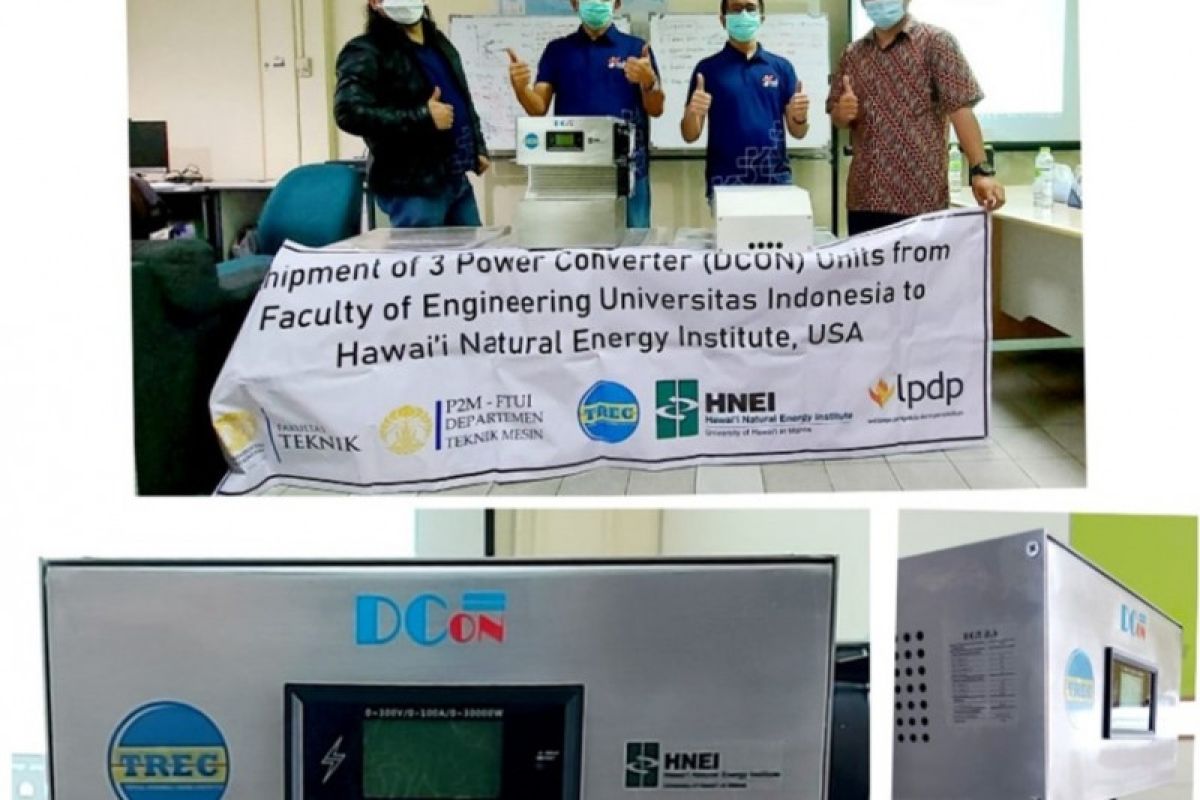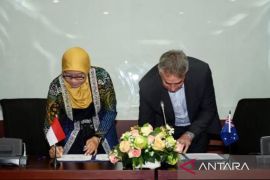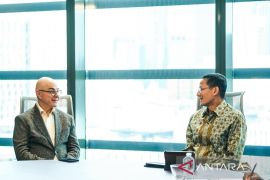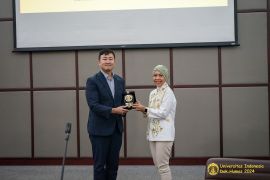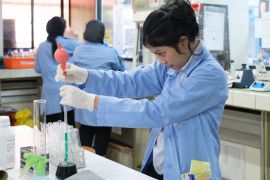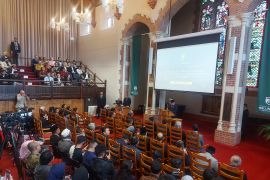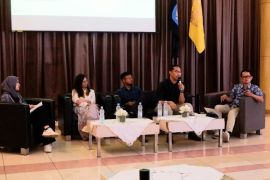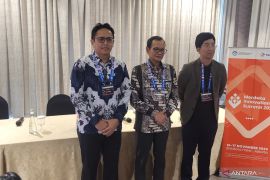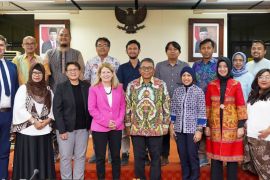UI Vice Rector for Research and Innovation, Nurtami, Ph.D., Sp,OF(K) noted in her statement here on Wednesday, that this achievement was the result of a memorandum of understanding (MoU) between the University of Hawaii and the University of Indonesia on July 27, 2017, which established cooperation on international programs and encouraged exchanges of lecturers, scholars, students, and academic information.
Research programs were among the eight exchange activities agreed upon by the universities.
A total of three DCONs, which were electrical power conversion devices, with a capacity of three kilowatts (kW), were ordered by the Hawaii Natural Energy Institute (HNEI). It is one of the leading energy research centers in the United States.
DCON will be a major component in the development of a DC microgrid grid system under development on Coconut Island, Hawaii.
Related news: LIPI develops research-, innovation ecosystem with "SIAP" strategy
This DCON serves as a converter of electrical power from batteries charged from renewable energy sources, such as solar panels or wind turbines, and the power will then be distributed to power household electrical appliances, among others, and also charge electric vehicle batteries.
Head of theTREC research center's team Dr Ing. Eko Adhi Setiawan stated that the Research Corporation University of Hawaii (RCUH) entered into an Agreement for Services with the Faculty of Engineering University of Indonesia, in which TREC provided three DCONs.
Principal Investigator of HNEI noted in a written statement that this agreement aimed at developing collaborative research between HNEI and TREC, follow up on mutually beneficial research, and share knowledge to achieve state-of-the-art results in the research of international one-way electric network.
DCON, which was developed in the last few years by the TREC research center, is currently receiving financial support from the government through the Indonesia Endowment Fund for Education (LPDP) Program, which includes product downstreaming.
Related news: UI holding research, innovation events to mark Technology Day
Setiawan noted that the device was also verified by the Technology Readiness Level (TKT) team at level seven, which means it had gone through testing in actual conditions and will enter the commercialization stage.
DCON's research is in line with the global big agenda, which is energy transition, in which the use of renewable energy will become increasingly widespread among members of the public, who are starting to switch from coal-based electrical energy.
The faculty dean remarked that the FTUI has constantly encouraged research, development, and utilization of renewable energy technology towards achieving net zero emissions in the engineering faculty community.
This notion was demonstrated by the 101-kW installation at the Integrated Creative Engineering Learning (I-CELL) Building and the first 10-kW floating bifacial solar panel power plant in Indonesia since early 2020.
Related news: Creating strong and healthy young generation during pandemic
Related news: Jakarta administers first vaccine dose to 1,754 pregnant women
Translator: Feru Lantara, Mecca Yumna
Editor: Fardah Assegaf
Copyright © ANTARA 2021
